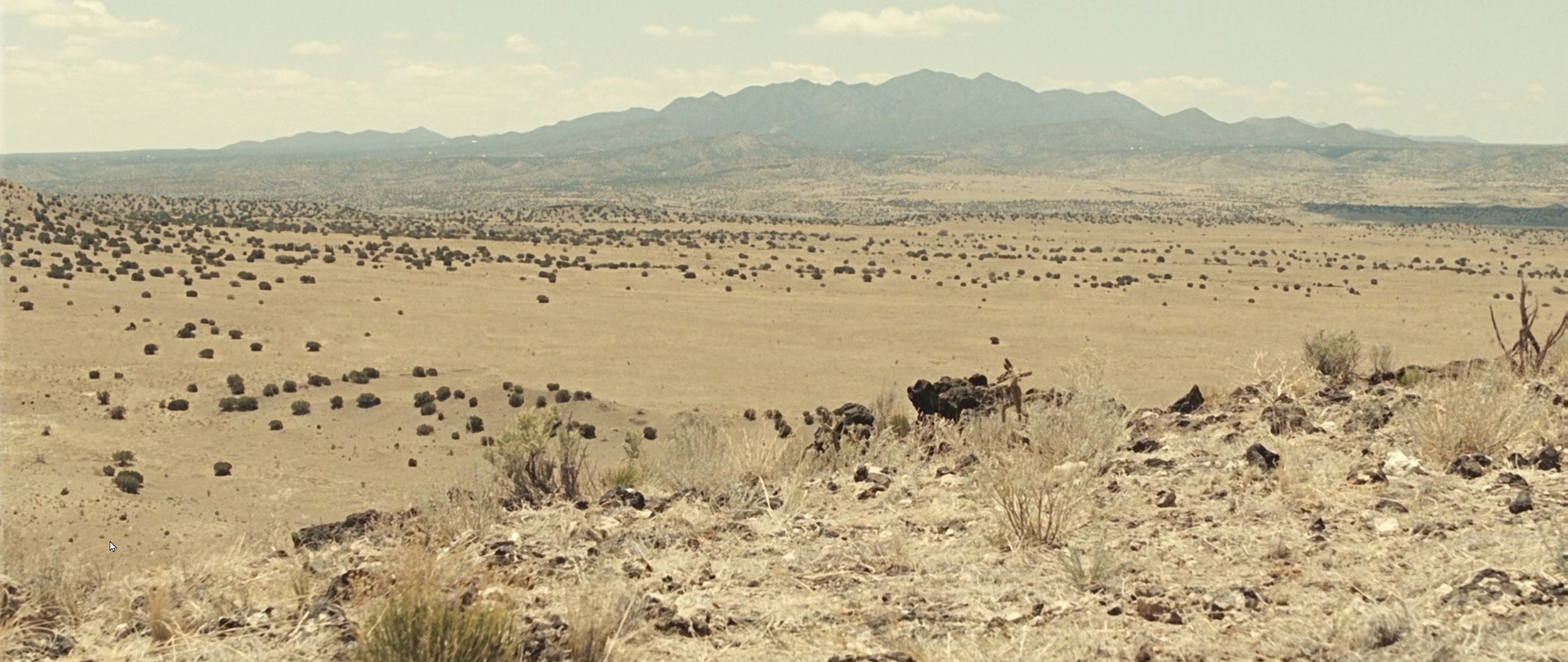Hi everyone — I’m Joan Rohlfing, president and COO of the Nuclear Threat Initiative. We’re a nonprofit, nonpartisan global security organization focused on reducing nuclear and biological threats imperiling humanity. In an era when the likelihood of use of weapons of mass destruction by individuals, terrorist organizations, and states is growing, we work to drive systemic change by galvanizing large-scale institutional adoption of innovative global security practices and programs. We’ve been doing it successfully for 20 years now.
What threats are most urgent? What can we do to stop them? I'm ready to answer those questions and more on Thursday, December 9, from 11 a.m. to 2 p.m. EST. (You can ask me something during that window or anytime before.)
This AMA is a follow-on to a talk I gave about nuclear threats in October, at the Effective Altruism Global 2021 conference in London. I discussed my strong belief that it is possible to make a difference in this arena, and I described what I believe we can do — and must do — together to build a safer world. I look forward to continuing that conversation this week!
A little more about me: Before joining NTI, I held senior positions in the U.S. Department of Energy and worked as an advisor to the U.S. Ambassador to India in the wake of nuclear tests in India and Pakistan. Earlier in my career, I oversaw nuclear weapons policy and acquisition programs at the Department of Defense and the Armed Services Committee of the U.S. House of Representatives. My thinking on nuclear security has been shaped by 35 years working in this field, and I’ve worked on this from all angles — from a military, a diplomatic, a political, a technical, and an academic perspective.
I look forward to your questions — ask me anything!


They are inextricably linked. The 2021 Global Health Security Index – a project led by NTI in partnership with the Johns Hopkins Center for Health Security – found that 94% of countries have no national level oversight measures for dual use research, no agency responsible for the oversight, and no evidence of national assessments of dual use research. Additionally, there is no international entity that has dedicated, as its top priority, efforts to strengthen biosecurity and bioscience governance and to reduce emerging biological risks associated with technology advances. While the development of risk-reducing technologies is critical, to ensure these tools are applied and that actors are held accountable for reducing risk, we must also make progress on the policy front.
NTI’s efforts to design and launch the International Biosecurity and Biosafety Initiative for Science (IBBIS) recognize the need to focus on both aspects of biosecurity, which is clear in the mission: IBBIS works collaboratively to strengthen global biosecurity norms and develop innovative tools to uphold them. We undertake this work to safeguard science and reduce the risk of catastrophic events that could result from deliberate abuse or accidental misuse of bioscience and biotechnology.